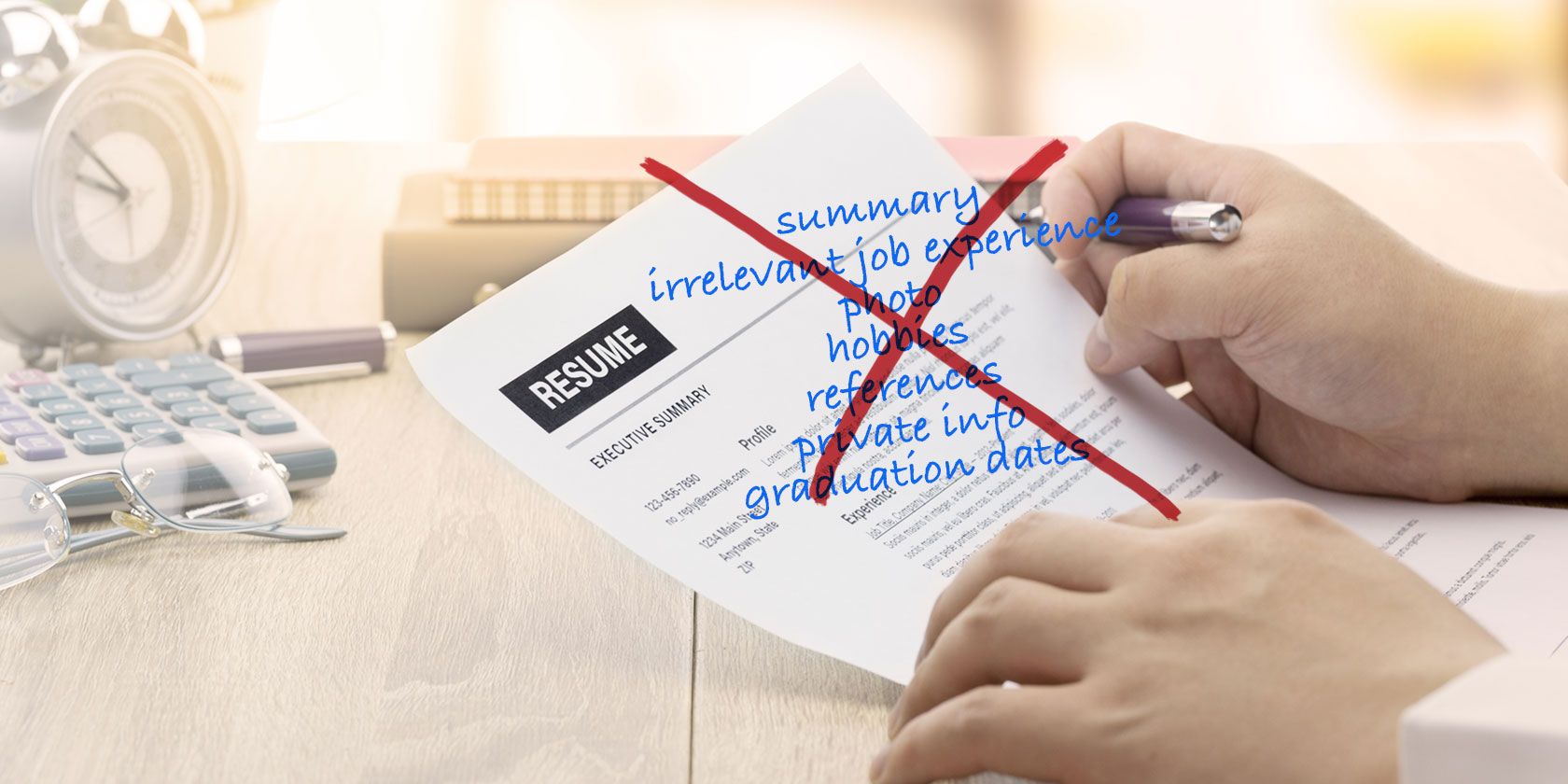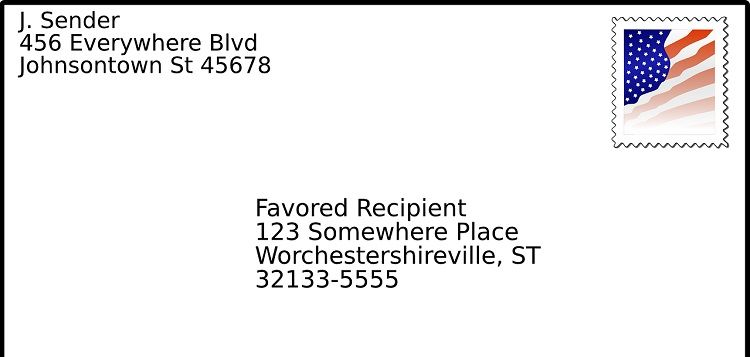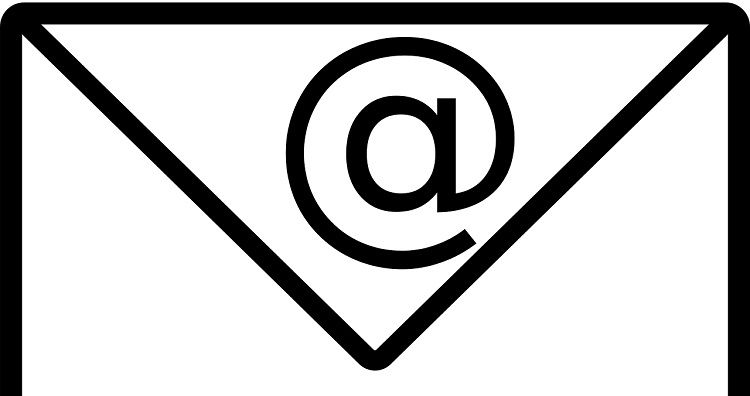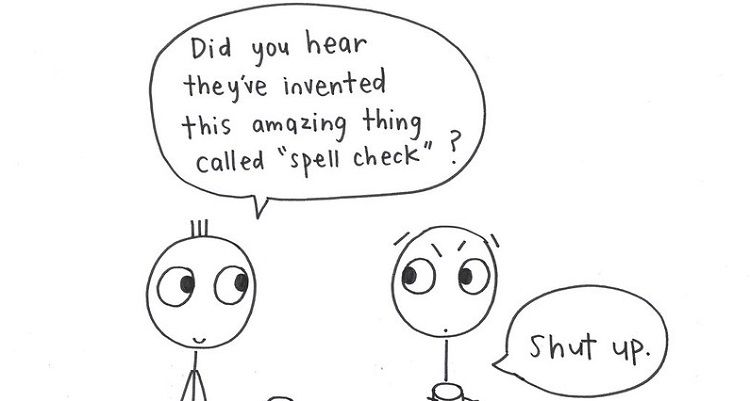You know the essential elements to include on your resume. Before submitting your resume for your next job, you may consider reviewing the document to ensure your resume doesn't have information that can work against you in your job search.
Your resume should showcase your skills and abilities and prove to the hiring managers and recruiters that you have what it takes to be their new employee. To accomplish this, you need to verify that the information in your resume aligns with the job posting you're applying for. Here are some things you can remove from your resume to improve your chances of getting noticed.
1. Your Full Address
Instead of taking up space with your complete mailing address, you can include your city and province in your resume. Sharing your full address can leave you vulnerable to security risks if the company's database is compromised. If this is a concern of yours, you might want to learn how to protect your resume information from scammers. Recruiters and hiring managers don't need to know precisely where you live in the early stages of the hiring process.
If you're planning to relocate and are applying for jobs out-of-state, you can choose to omit city and state from your resume, or you can still list where you live now. Since some employers only want to look at local candidates, you may indicate when you're planning to relocate, so they know you're planning to be local to the business soon.
2. An Objective Statement
At a time, including an objective statement on your resume was a popular concept, but it's no longer necessary for you to include one. If you're applying for the job, it's evident that you want the position, so you don't need to declare it on your resume. You can explain a change in career in your cover letter rather than taking up valuable space in your resume.
Instead of an objective statement, you can include a summary of your qualifications to help recruiters and hiring managers understand what you bring to the position. You can try using a resume summary statement rather than an objective statement and feature what you can offer to the organization.
Your summary statement indicates that you have the experience and skills for the job, while an objective statement simply shows that you'd like to have the job. To learn more about writing a resume summary, you may want to check out these tips to write a winning resume summary (with examples).
3. Weak Action Verbs
You should avoid using weak action verbs because they don't tell the reader much since they are ambiguous and vague. Go beyond saying you were responsible for, managed, or assisted with a project on your resume.
Get creative and switch out those terms with strong action verbs that create a better picture of your career story. Instead of saying you managed, try cultivated, mentored, guided, facilitated, or directed. Rather than saying you were helpful, try using terms like clarified, coached, represented, or assessed.
Instead of saying you created something, try saying you developed, shaped, originated, or designed it. After you've added some strong action verbs, you might be interested in learning some SEO hacks to optimize your resume.
4. Too Many Details About Interests and Hobbies
Although including interests and hobbies on your resume is optional, recruiters and hiring managers expect and encourage including some. When including your interests and hobbies, you should look for ones related to the job posting.
For example, suppose you're applying for a job as a veterinary assistant at a clinic. In that case, you can mention your volunteer experience at an animal clinic, demonstrating your commitment to animal care.
You should limit your list of interests and hobbies to a few lines on your resume. Having hobbies and interests outside work is essential to achieving a work-life balance and avoiding burnout. Remember that your interests and hobbies can make you a unique and exciting candidate, but they won't necessarily make you more qualified for the position.
5. Unnecessary Personal Information
The purpose of your resume is to showcase your accomplishments that demonstrate you're an excellent employee, so stick to the details relevant to the position. It's illegal for an employer to ask about your citizenship, age or birth date, religion, sexual orientation, race, or marital status. You should avoid sharing any information that indicates those things.
While it's not illegal to ask, sharing your political affiliation, height or weight is unnecessary. Unless your political affiliation, family situation, or religious beliefs are specifically related to the position, avoid including them. Focus on your professional skills that hiring managers think to make you an excellent candidate.
6. Company Specific Terminology and Acronyms
Be mindful of using jargon and acronyms that may only make sense to someone who has worked for your current company. Don't assume that the first person screening your resume is someone with industry knowledge. Describe your employment accomplishments in a language anyone can understand.
Suppose the reader of your resume doesn't understand the achievements and responsibilities that you've outlined in your resume. In that case, they won't be able to recognize your skills and identify you as a qualified candidate.
7. Unprofessional Email Address
Before submitting applications, you should create a separate email account for job search purposes. You don't want to submit an application from petlover@email.com since it doesn't give a professional first impression. You can show you're current with technology using an email service like Gmail or Outlook. Try to avoid using emails from outdated email providers like AOL or Hotmail.
In your attempt to use a professional email address, you should avoid sending job applications from your current job email account. You don't want hiring managers and recruiters to think you're searching for work on company time, since it may imply that you do personal tasks on company time.
8. Spelling and Grammar Mistakes
You must edit your resume and have a second set of eyes review it for grammar and spelling mistakes. Mistakes can quickly happen when you're constantly making changes to tailor your resume to the job you're applying for. Use your word processor's spelling and grammar tools to spot and correct mistakes.
You may find it easier to spot errors on a printed copy of your resume and review it that way. Try reading the document out loud as a way to spot grammatical errors and catch spelling mistakes. Avoid submitting a resume with grammar and spelling mistakes, as they may cost you the opportunity to be considered a potential candidate.
Other Items to Consider Removing
If you're struggling to keep your resume under two pages, here are some other items to consider removing from your resume:
- Where you went to high school
- Photographs
- References
- Irrelevant work experience
- Salary information
Now that you have a better understanding of what to avoid including in your resume, you may want to know how to improve your chances of getting noticed by hiring managers. You might be interested in learning the best creative hacks to get recruiters' attention.
What to Fit in Your Resume?
Now that you've reviewed your resume, checked for spelling and grammar mistakes, and tailored it to the job you're applying for, you may be wondering what's next. You're going to apply for jobs, but you may want to consider posting your resume online to increase the number of hiring managers that will see it.
While you look for and apply for jobs that you see openings for, it doesn't hurt to post your resume on a job site. Depending on the type of work you're looking for, there are many job sites where you can post your resume and increase your chances of getting the job you want.







